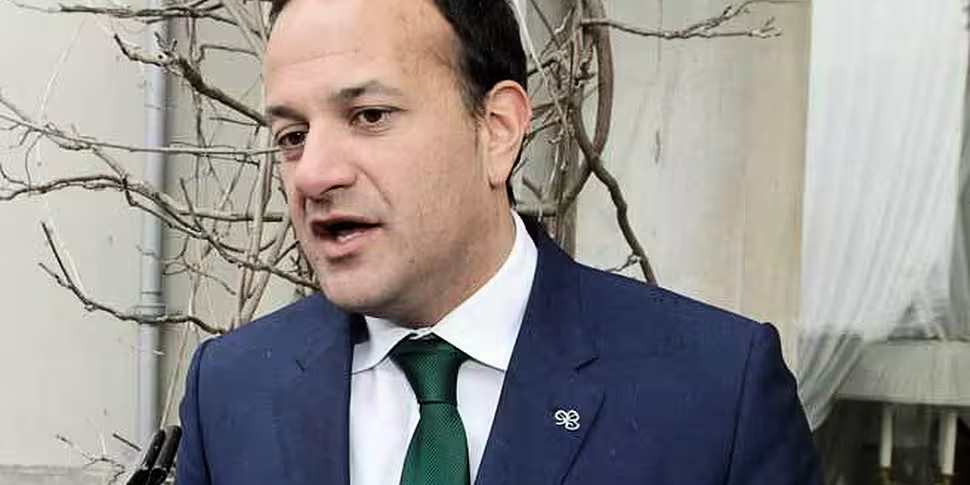A raft of major changes to the medical card system mean those with terminal illnesses will no longer have their cards reviewed.
The protection of these cards is just one of ten changes announced today. The changes will lead to a “system which is fairer and more humane than the one it is replacing,” according to Health Minister Leo Varadkar.
Minister for Primary and Social Care Kathleen Lynch said the new system aims to make the medical card system “easier for people to understand” while also providing “a high-quality customer service.”
Financial means test remains
The cards will continue to be decided by a financial means test. However, the system will be refined to take a more nuanced view of the burden a person faces while ill or suffering from a condition.
Former Health Minister James Reilly had previously attempted to calm anger over the withdrawal of cards by saying future decisions on medical card eligibility would be made on the basis of illness, a system which Mr Varadkar has rejected following advice from the Expert Panel.
The Expert Panel concluded “it would not feasible, desirable, nor ethically justifiable to list medical conditions in priority order as a means of determining medical card eligibility,” according to a statement from the HSE today.
“The financial means test remains the fairest way to assess eligibility, but we’re also going to take into account the burden of a medical condition or condition through wider and more generous discretion that occurred in the past,” Mr Varadkar said.
Mr Varadkar added: “The more that I have studied the issue of eligibility for medical cards, the more I have become convinced that the only solution is universal health care.
Ten Actions for a new approach
The changes to the medical card system come in the form of ten actions according to a HSE statement, with a focus “particularly for people with significant medical needs.”
These ten actions (listed below) focus on better communication, a more understanding approach to “the burden of illness”, a more streamlined approach to services - including the enhancement of GP powers to offer medical cards.
“The default position for medical cards given to people with terminal illnesses is that they will no longer be reviewed. The HSE will be empowered to provide people with therapies or appliances if that's what they need, even in the absence of a medical card, and the power of GPs to extend medical cards in difficult circumstances will be strengthened.,” Mr Varadkar said.
Additional changes include a focus on making the application process for cards easier, and more personal. There will be an enhancement of GP powers to extend medical cards in difficult circumstances, the establishment of a clinical advisory group, the ending of reviews for people with terminal illnesses, the integration of a single, integrated process to apply for medical cards, GP cards, the Long-Term Illness scheme and the Drugs Payment scheme. Offices will also be set up across the country to assist people in the application process.
The ten actions announced today by Minister Leo Varadkar
- An enhanced assessment process which takes into account the burden of an illness or a condition
- The power of GPs to extend medical cards in difficult circumstances will be strengthened
- The default position for medical cards given to people with terminal illnesses is that they will no longer be reviewed
- There will be a greater exchange of information between the medical card central assessment office and local health offices
- People with a serious illness who hold a discretionary card will retain their card while the new scheme is implemented
- A clinical advisory group is being established by the HSE to develop guidance on assessing applications involving significant medical conditions
- The HSE will be empowered to provide people with therapies or appliances if that's what they need, even in the absence of a medical card
- The HSE will develop a single, integrated process for people to apply for a medical card, a GP visit card, the Long-Term Illness scheme, and the Drugs Payment Scheme
- Access points will be established around the country in health offices to support and assist people to make applications
- The Department and the HSE will consider the best way to make medical aids and appliances available to persons who do not hold a medical card, the provision of services to children with severe disabilities, and to enable people with particular needs to have these met on an individual basis rather than awarding a medical card to all family members.









